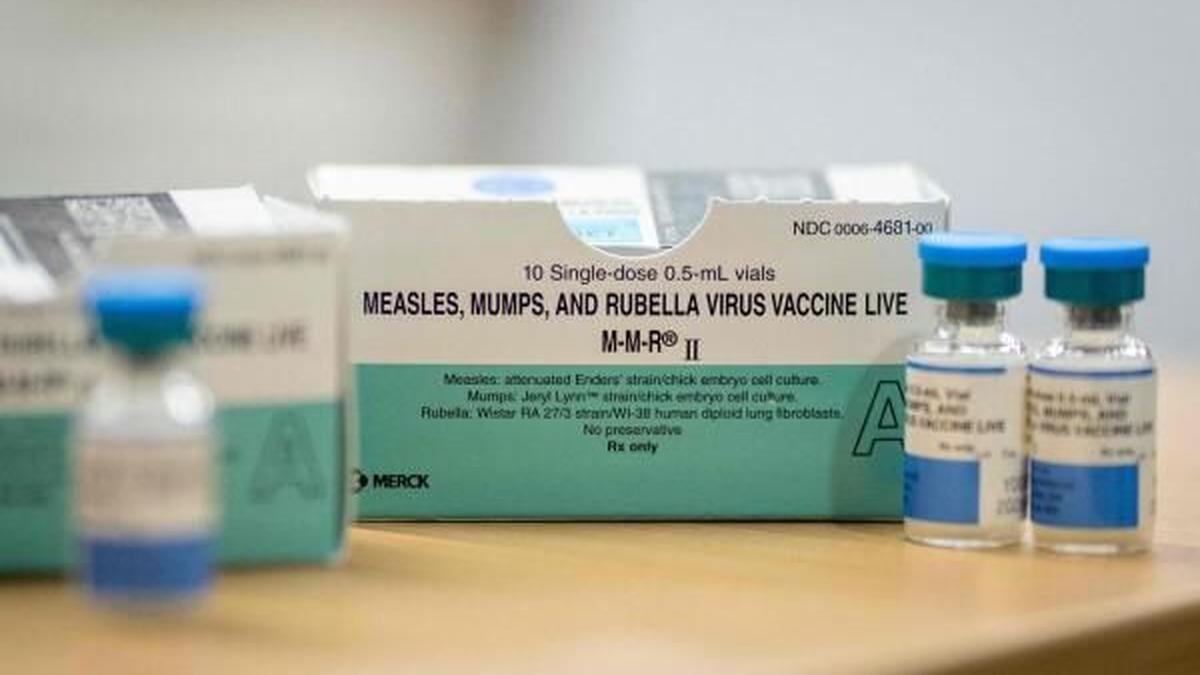
Does India need to include the mumps vaccine in its universal immunisation programme? Premium
The Hindu
Mumps outbreaks prompt debate on vaccine inclusion in India's immunization program amid rising cases and complications.
A resurgence in mumps outbreaks across several States in India from 2023 onwards, has brought forth this question: is the disease now an emerging public health problem that is significant enough to warrant prevention through immunisation? Public health experts are debating this issue.
In Kerala for instance, cases of mumps have spiked phenomenally, especially in recent months. From an average of 2,500 cases annually, cases surged to 74,907 in 2024. The trend seems to be continuing, with 16,504 cases already reported this year as of March 25, and of these, over 4,000 cases have been reported this month alone.
Public health experts say that as the cohort of susceptible individuals dwindle due to natural immunity acquired through contracting the infection, the outbreaks will peter out over the next few months. However, as the number of cases go up in the community, the number of cases with mumps-related complications are also likely to go up.
This, and the fact that over 85 schools and several tribal hostels had to be closed for varying durations in 2024, has prompted Kerala to explore the possibility of introducing the mumps vaccine as part of the immunisation schedule.
Mumps is a self-limiting, airborne, viral disease which presents as fever and headache in mostly children and adolescents, with painful swelling of the salivary glands (parotid glands) on both sides of the face. The patient usually recovers with rest and symptomatic management in about two weeks.
Even though mumps is a vaccine-preventable disease, because of its low mortality profile, the mumps vaccine has never been a part of the nation’s Universal Immunisation Programme. From a public health perspective, measles, a more infectious and severe disease, has always been considered a priority for elimination.
There is no nationally representative data on the incidence of the disease, and very little information on the actual long-term morbidity profile of mumps, even though the disease is known to have some impact on reproductive organs, doctors say.





















 Run 3 Space | Play Space Running Game
Run 3 Space | Play Space Running Game Traffic Jam 3D | Online Racing Game
Traffic Jam 3D | Online Racing Game Duck Hunt | Play Old Classic Game
Duck Hunt | Play Old Classic Game











